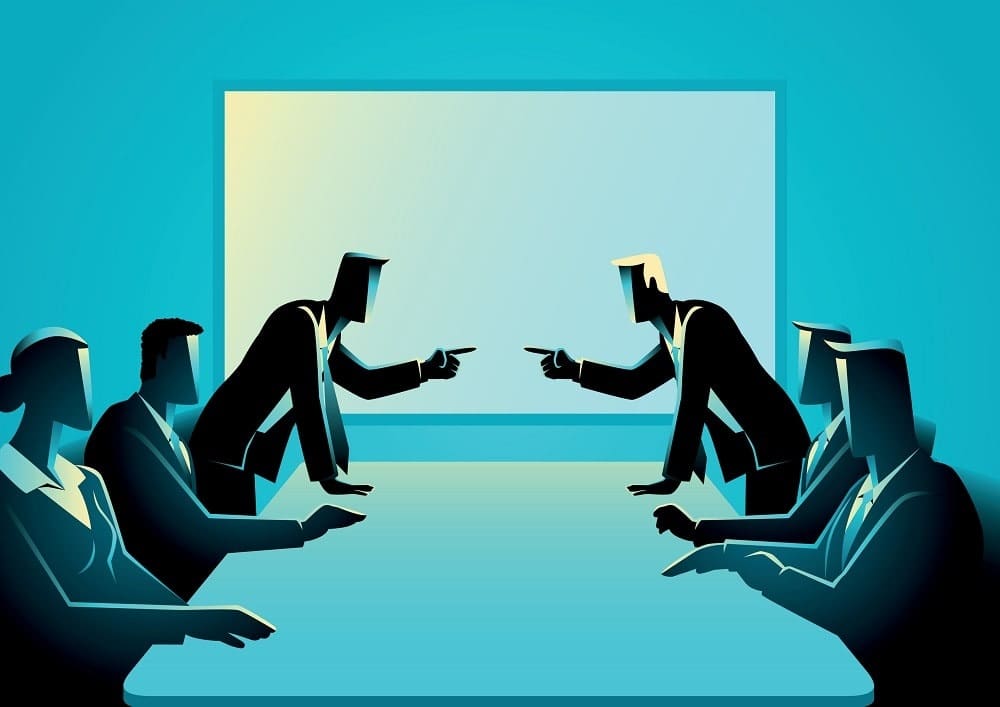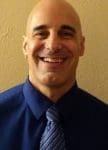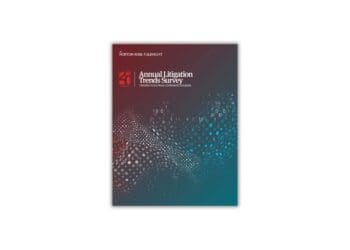Michael Toebe writes about how one executive seeks out different viewpoints to get the best out of his employees, reducing all manner of organizational risks and improving decision-making significantly along the way.
When confidence becomes excessive ego, it creates a myriad of problems. It becomes a trap of a belief system; negatively affects effective decision analysis, decision-making and decision quality; increases risk; and is an impediment to ideal or protective outcomes.
Yet these risks and problems can be overcome. One remedy for consideration to increase the brainpower in organizations is the consistent practice of “radical transparency and thoughtful disagreement” that Ray Dalio, founder of investment firm Bridgewater Associates, incorporates and champions. “I want the best ideas to win,” Dalio says in his book “Principles” and in videos he’s created on YouTube about the book. “I just want the best decisions to be made.”
This approach, of course, doesn’t make Bridgewater’s decisions infallible, but it does encourage and support greater variety of thought and improves the odds of decision quality, thus lessening the risk of unfavorable or disastrous outcomes. It’s diversity of ideas and viewpoints, intellectual humility and psychological safety that make this possible.
The benefits can come not only in profits, but also in learning from one another and determining who is capable of bringing the better ideas – the best ones – to the table. If governance and compliance are topics of these types of conversations, then those areas of business also benefit from the greater intellectual resources.
How Radical Transparency and Thoughtful Disagreement Work in Practice
For one, it purposely pursues and creates a welcoming, evolutionary environment of freedom for independent thinkers and insightful ideas. Secondly, it changes the interpretation of the idea of disagreement from a negative emotion to a valued necessity to work together as a broader collective to achieve brighter clarity and deeper, more thorough understanding so that high-quality decisions are made, bringing about the most ideal outcomes.
“You have to have independent thinkers,” Dalio states, “and when you have differences in independent thinkers, if you can work that through (with thoughtful disagreement), you raise your probability of getting at the best answers.”
This process is not easy for all, as it requires confidence and assertiveness over insecurity and poise over unhelpful emotional triggering, yet the inclusion of independent thought and engaging conversations creates powerful possibility of stronger outcomes and breakthrough. At the root of the implementation of this philosophy and planning is the realization, self-awareness and intellectual humility that one man cannot see or know everything.
“I wanted thoughtful disagreement.” Dalio says. “Going from seeing things from just my eyes to seeing things through the eyes of these thoughtful people was like going from seeing things in black and white to seeing them in color.”
What many organizations and leaders have bypassed and are missing out on are the habits of greater curiosity, the pursuit of a wider range of different viewpoints and insights and healthy conversation and debate about them, including what seems foreign and uncomfortable. The truth and best answers that Dalio seeks are not always available within the flow of how decision analysis and decision-making is normally conducted. It requires stepping outside of old habits and a limited scope of thinking. Dalio and Bridgewater have been able to move beyond the type of exclusive, top-down thinking to something more dynamic. But it took some psychological rewiring to get there. He says,
“I needed to replace the joy of being proven right with the joy of learning what’s true.”
“… [to] find the most thoughtful people who disagreed with me. I just wanted to see things through their eyes and have them see things through my eyes so we could hash things out to discover what’s true.” This prioritizing of truth, progress and quality outcomes over ego is ever challenging, and it’s a chasm some struggle to cross consistently – or ever. Dalio had the vision of additional brain power and people’s different strengths and experiences to mine the gold that excellence that is more likely found through this process.
“All you need to do is let go of your attachment to having the right answers yourself and use your fear of being wrong to become more open-minded to these other views,” he says. Fear can be both a disabling emotion and a driver of courage, clarity and improved decision-making, as well as a catalyst to create a competitive advantage. This approach provides value that might not be accomplished any other way. “In this way, you could point out risks and opportunities that you would individually miss,” he says.
Observe the news and how our decision analysis and decision-making is made in an organization now: It’s common for leaders to miss risks that prove expensive to reputation, profits, shareholders and careers. Opportunities are forfeited, lost or unrealized. Dalio has been sufficiently secure in who he is – driven to refine processes for greater gains and wanting to manage risk expertly and succeed extraordinarily – that he has looked passionately for divergent viewpoints and convictions.
“I sought out the strongest independent thinkers I could find,” he says of his leadership, adding “I still do.” The benefits are clear, attractive and exciting to him. “In an idea meritocracy, you get the best of everybody,” he says. “Everybody thinks independently, and then everyone works through disagreements to get to what’s best.”
That mental sweat equity requires significant psychological safety, and Dalio makes sure Bridgewater provides it to create a process that can succeed, protect and thrive. While he doesn’t believe every opinion is equal, he encourages that opinion instead of stifling it or quickly dismissing it without conversation, curiosity and consideration. This is one way opportunities and risks are not missed.
Avoiding Blind Spots
“Right now, there are many wonderful opportunities and dangerous risks surrounding you that you don’t see,” Dalio says. “If you saw them free of the distortions produced by your ego or your blind spots, you’d be able to deal with them more effectively.” This could also be termed “ignorance blindness.” Dalio doesn’t want Bridgewater Associates to make errors that can lead to elevated risk (risk that could be prevented or largely mitigated) and loss (which could otherwise have been actualized). Blindspots are likely to be discovered and overcome with this approach.
Dalio is confident that this practice of radical transparency and thoughtful disagreement carries with it crucial benefits to increase the odds of growing in the marketplace. Fear can be a detriment or a benefit in decision-making, he believes.
When it is used as a psychological driver to engage deeper in thought, healthy disagreement from independent thinkers – who see what others might not and have strengths that others might not – can result in the best ideas, the best answers and the best decisions.
Greater outcomes can be accomplished instead of organizations being crippled by substandard, narrow and rigid thinking, beliefs and processes. This is not a “secret sauce” or trade secret. It can be modeled if leaders make the choice to develop the necessary culture and implement an approach to stretch their intellectual power and exhibit stronger brain capacity, decisions and advantages.



 Michael Toebe is a reputation specialist who serves individuals and organizations. He regularly writes on communication, ethics, governance, conflicts, scandal, reputation and crisis. He is the writer of “Red Diamonds Essays” and “Reputation Specialist Essays,” both on the Medium platform.
Michael Toebe is a reputation specialist who serves individuals and organizations. He regularly writes on communication, ethics, governance, conflicts, scandal, reputation and crisis. He is the writer of “Red Diamonds Essays” and “Reputation Specialist Essays,” both on the Medium platform.










